In a global push to reduce dependence on fossil fuels and move towards net zero emissions, Chile stands out thanks to its unique climate resources, especially in the Magallanes region in the far south of Chile. The Magallanes region has high, stable wind speeds, low population density and access to the sea, making it possible to export energy in new forms.
Among the major developments, the H2 Magallanes project – led by French group TotalEnergies – marks a defining step forward for the green hydrogen industry in Chile. With a total investment of up to 60 billion USD, it is one of the largest renewable energy projects ever proposed in Latin America. The project integrates hundreds of high-capacity wind turbines with electrolysis centers using advanced technology to produce green hydrogen – a zero-CO₂ fuel that can be widely used in heavy industry, long-distance transport, and especially exported as green ammonia.
Green hydrogen is produced through the electrolysis of water using electricity from renewable sources. This technology is seen as key to achieving carbon neutrality in sectors where emissions reduction is difficult. Industrial applications place high demands on electrode performance, the ability to operate in harsh conditions and cost optimization. The H2 Magallanes project also proposes the deployment of desalination systems, hydrogen-to-ammonia conversion plants for convenient shipping, as well as the construction of dedicated port infrastructure.
Strategically, Magallanes has the potential to not only become a hub for green hydrogen production, but also a starting point for a new technological ecosystem. If planned effectively, the region could lead the localization of the hydrogen value chain – from training technical personnel, developing research infrastructure, to attracting investment in supporting industries such as electrolyzers, storage materials, and conversion technologies. The role of the state in policymaking, designing a stable regulatory framework, and supporting market initiation will be vital in the early stages, especially when commercial risks and initial investment costs are still high.
The development of a green hydrogen industry in Magallanes is not seen as a purely technical or economic advance, but rather as a manifestation of a geopolitical movement, as countries compete for innovative resources and the ability to exert influence through sustainable energy. Chile enters the race with considerable resources, but also faces an urgent need for strategic coordination, governance and policymaking capacity.
Source: https://moit.gov.vn/tin-tuc/thi-truong-nuoc-ngoai/ky-vong-dinh-hinh-vai-tro-toan-cau-cua-chile-trong-nganh-cong-nghiep-hydrogen-xanh.html


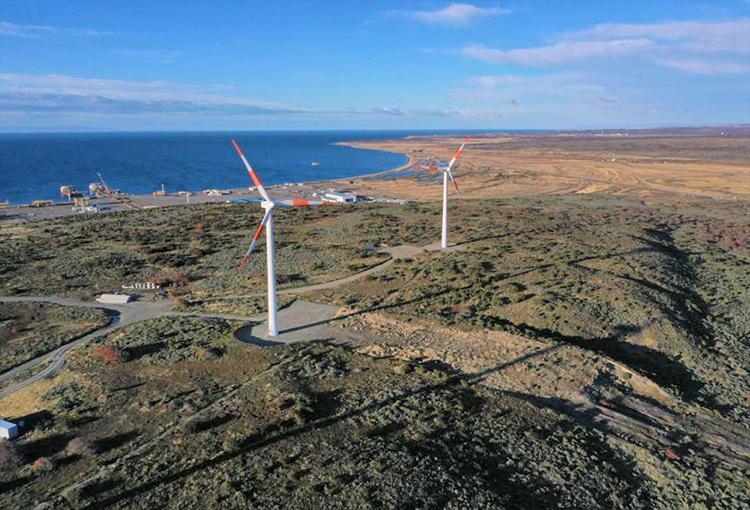
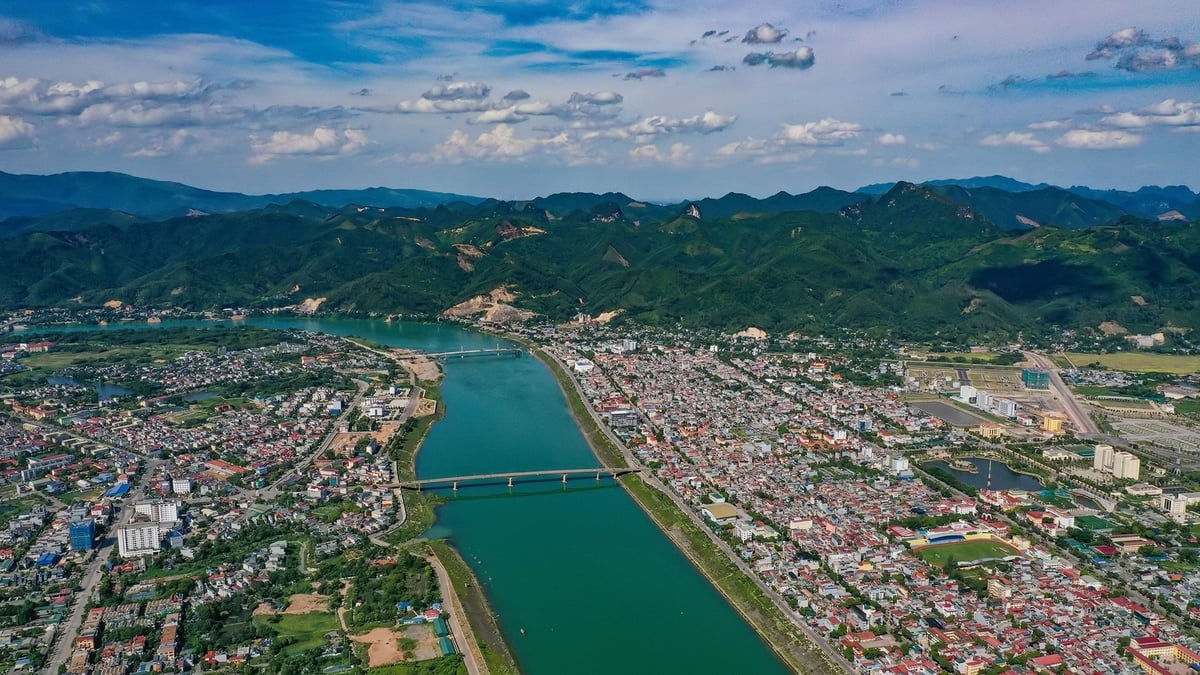



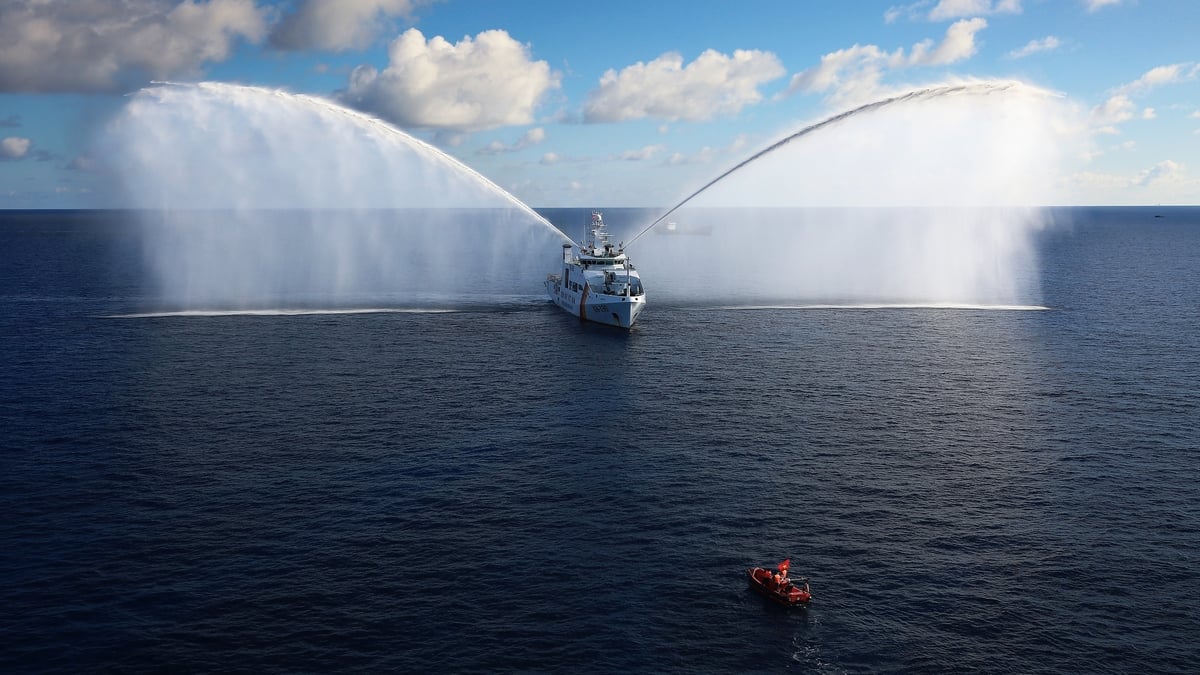



















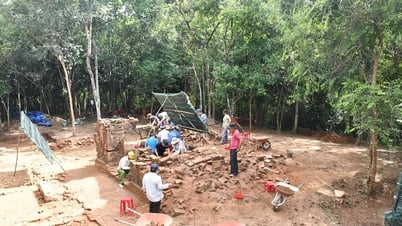







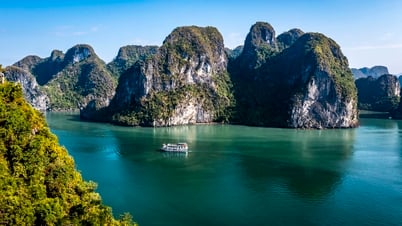
















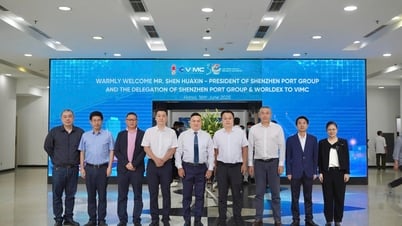



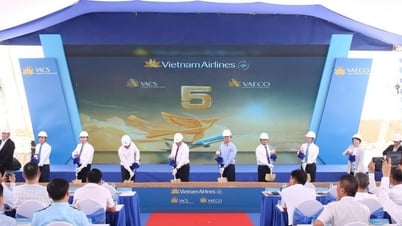










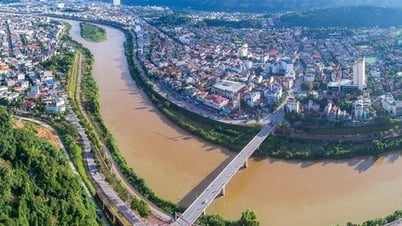

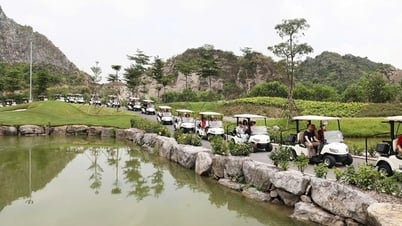

























Comment (0)